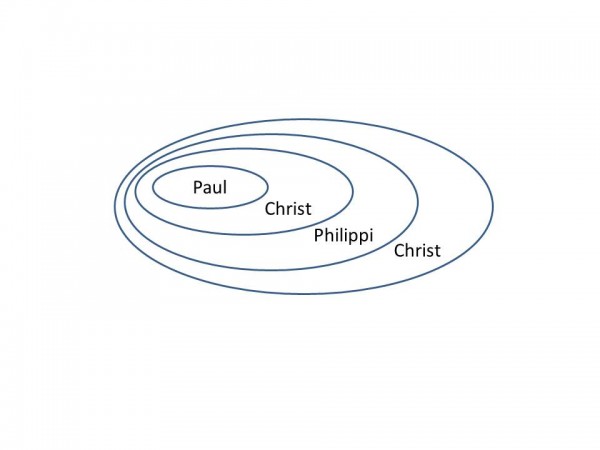Our human interests tend to be very short-sighted and dangerously shallow. Were we to get our own way, apart from the grace of God, we would surely be doomed. In fact, turning to selfish, finite goals puts us in the same mindset category as that of Satan. Remember Peter? He was one of the disciples of Jesus, but after hearing the proclamation of the Lord’s impending suffering and crucifixion, he said to Christ, “God forbid it, Lord!” (Matthew 16:22, NASB).
What if Peter got his wish? What if God did forbid the horrific betrayal, arrest, crucifixion, and resurrection of His Son? I would be damned. I would die in my sin. And so would you. If Peter’s desire would have been granted, we would be utterly hopeless. All of humanity would be lost.
No wonder it is that Jesus rebuked Peter sharply by saying, “Get behind me, Satan!” (Matthew 16:23, NASB). Peter’s selfish, comfort-loving mindset placed him momentarily in the category of devilish pondering. Peter’s hope to avoid the temporary pain would result in eternal loss. I have to ask myself, “How often have I chosen the path of least resistance to the detriment of eternal accomplishments?” When we want what we want instead of what God knows is best, could we possibly be stepping into satanic territory? Imagine – Peter was bold enough to tell Jesus that God’s plan was wrong. How insolent have I ever been in my emotional reactions to God-ordained difficulty?
Jesus went on to say to Peter, “You are a stumbling block to Me; for you are not setting your mind on God’s interests, but man’s” (Matthew 16:23, NASB). Directly related to a satanic mindset is concentrating on human interest rather than on God’s interest. Jesus is implying that a great battle is taking place in the minds of believers. Even those who closely follow Jesus must check carefully their focus. Do we have in mind the eternal and costly plan of God or the temporal and indulgent plan of humans?
If God had done things the way Peter that day thought they ought to be done, Peter’s life would have possibly been less heart-breaking and confusing for a short period of time. Jesus certainly would have avoided more spiritual, emotional, and physical pain than ever could be imagined. However, Satan would have gained the victory! In the long run, all would be lost for creation.
Peter’s devilish pondering did not last forever. Jesus’ rebuke settled into Peter’s heart somewhere. Peter came to realize his selfish, shortsighted reaction. He wrote beautifully in his first epistle (chapter one, verse three) of the living hope we have only because of the resurrection of Jesus from the dead. Looking back, Peter recognized the everlasting value of God’s paradoxical plan.
Soon after the pointed interaction of Peter and Jesus, our Lord reminded all His followers of the cost of discipleship. In the context of rebuking the horror of a self-centered, satanically motivated mindset, Jesus proclaims the need for every follower to take up their own cross for God’s kingdom. Have I taken up my cross? When God calls me to sacrifice time, money, emotion, status, relationship – or anything else – for His sake, do I? Even though it is temporarily painful, do I put God’s will first? If not what is being lost?
Our everyday decisions are critical and fall into one of two categories: God’s eternal focus or devilish pondering.





